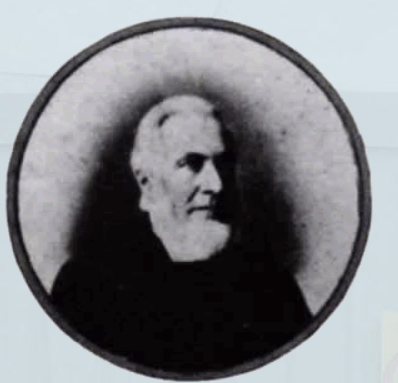In the Beginning
The history of Bamfords Ltd. Starts in 1871 with the founding of the company by Henry Bamford and his son, Samuel. The Bamford family originally came from Woodlane, near Hoar Cross, a village some 10 miles from Uttoxeter, where Henry’s father was a builder and joiner, with Henry moving to Uttoxeter about 1844 on his marriage to Julia Bressington of Uttoxeter, whose father, Samuel Bressington, a master cooper, owned many properties in the town.
In February 1845, Samuel Bressington acquired, for £495, premises in the Market Place and the Sheep Market for his son-in-law to start an ironmongery business. These premises are now the Uttoxeter Agricultural Company, a wholly owned subsidiary of Bamfords Ltd., carrying on business as ironmongers.
Henry Bamford had a large family of 13 children, three of whom died in infancy, but it is with Samuel, Henry, John, Joseph and Robert we are mainly concerned, for they were the brothers who built up the business during the early formative years of the company.
On leaving the local grammar school at the age of 16, Samuel, the eldest son, joined his father in the ironmongery business. From an early age he showed himself to have a flair for engineering and it was natural, therefore, that he should wish to develop his creative talents for the benefit of his father’s business.
During the next ten years he designed and patented an iron tap for water butts which gained a Silver Medal at the Staffordshire Agricultural Show in 1864: designed and constructed garden engines, hot air stoves, cheese presses and curd mills.
Catalogues of the time show that H. Bamford & Son, General and Furnishing Ironmongery, also included “and Implement Manufacturers” on the front cover. Anew design of garden engine replaced the original and was awarded a Certificate of Merit at the Manchester Horticultural Society Show at Birmingham in 1872, and a First Class Medal at the Royal Horticultural Society of Ghent Show in 1874.
The business established by Henry Bamford and Samuel was growing but development was handicapped due to the fact that all castings had to be bought, the major portion coming from Baldwins of Stourport, and so fortunately Samuel was able to convince his father of the need for a foundry.
The development area for this was in a coal wharf and siding bought from a certain Ralph Adams in 1868.

